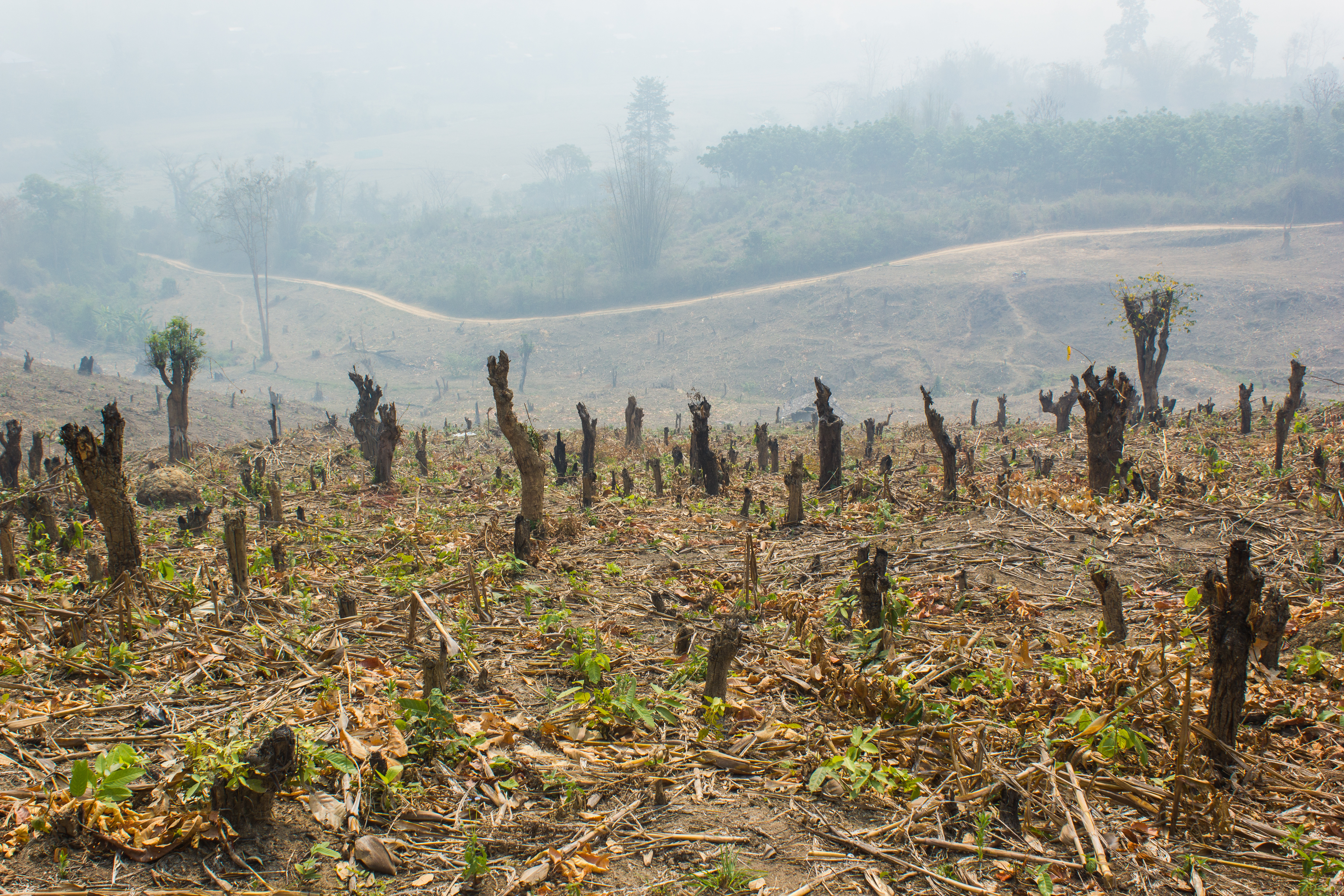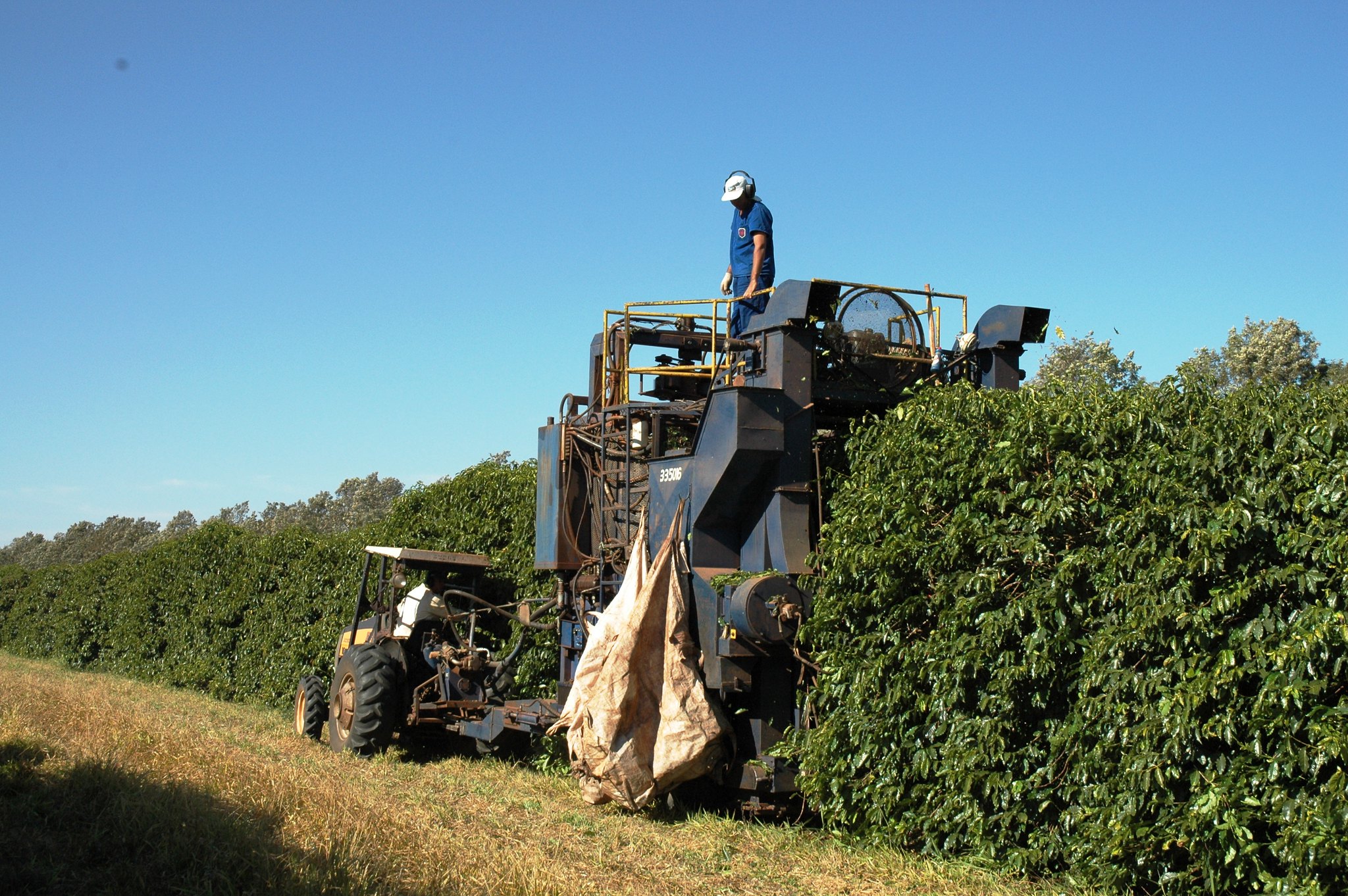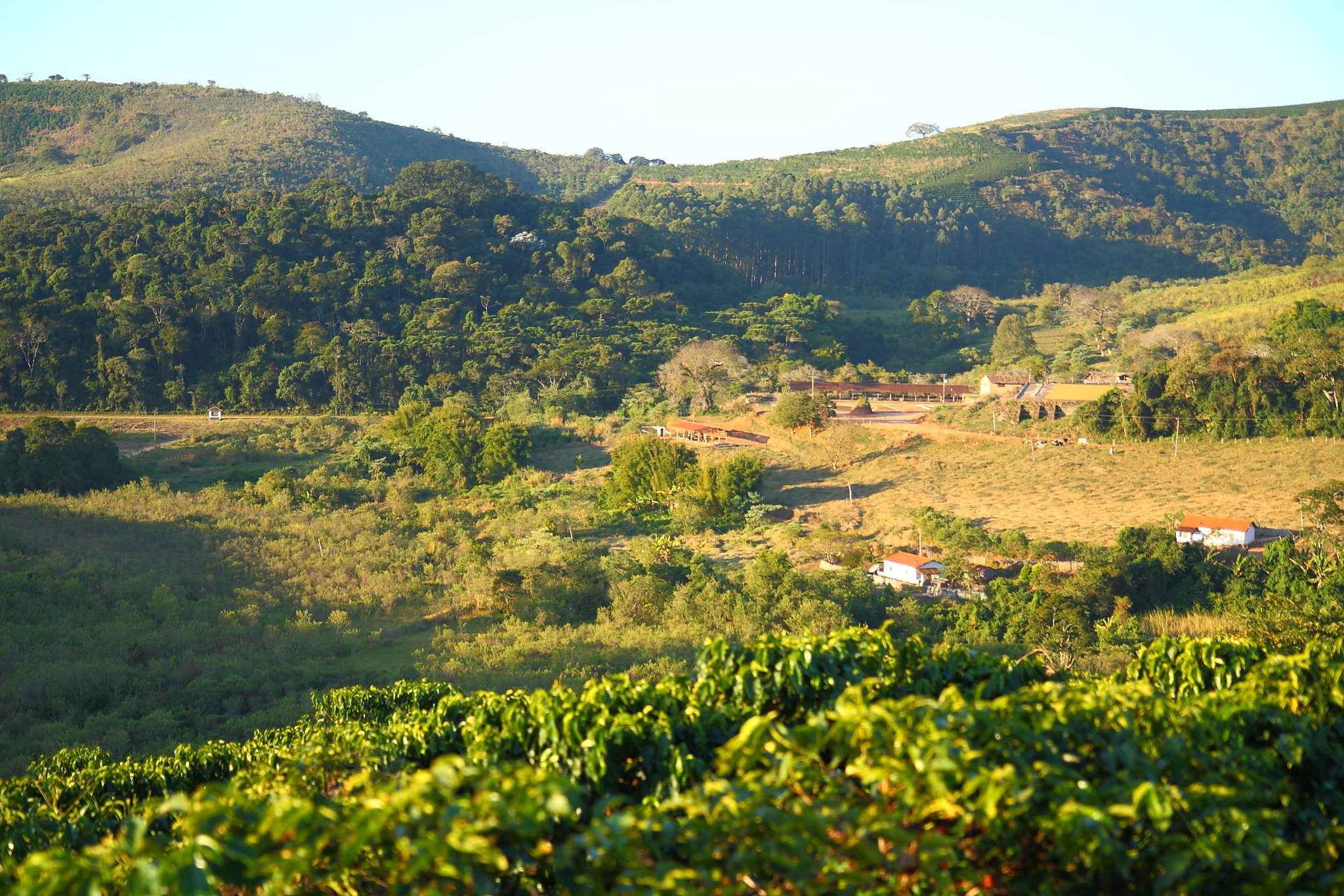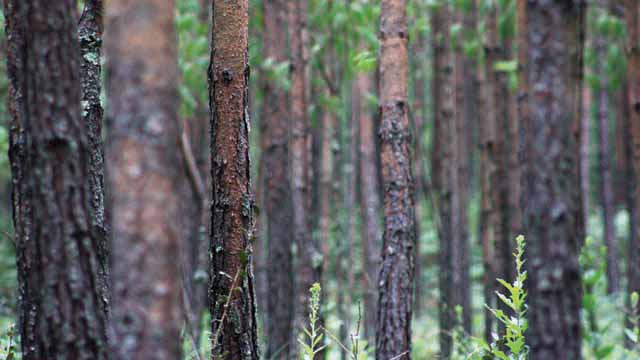In recent years, hundreds of multinational companies have pledged to eliminate deforestation, ecosystem destruction, and human exploitation from their agriculture and forestry supply chains. While these commitments have the power to transform lives and ecosystems on a global scale, they can only do so if they are actually implemented; otherwise, they remain empty promises. To date, progress toward these goals has fallen well short of stated ambitions. In palm oil, for example, 60% of the market is subject to corporate sustainability commitments, but only 19% of global palm-oil supply is credibly certified as responsibly-sourced.
Some companies have moved to fill these implementation gaps by embarking on their own bespoke certification schemes, sustainability projects and policies, which are executed with varying degrees of rigor. These company initiatives are threatening the viability of credible independent standards and have resulted in market confusion and (in some cases) greenwashing. Complementary tools are needed to work alongside standards to ensure that producers, companies, and sectors can achieve their far-reaching, sustainability ambitions and help governments, advocacy groups, and others support and monitor these efforts across landscapes and commodities.




